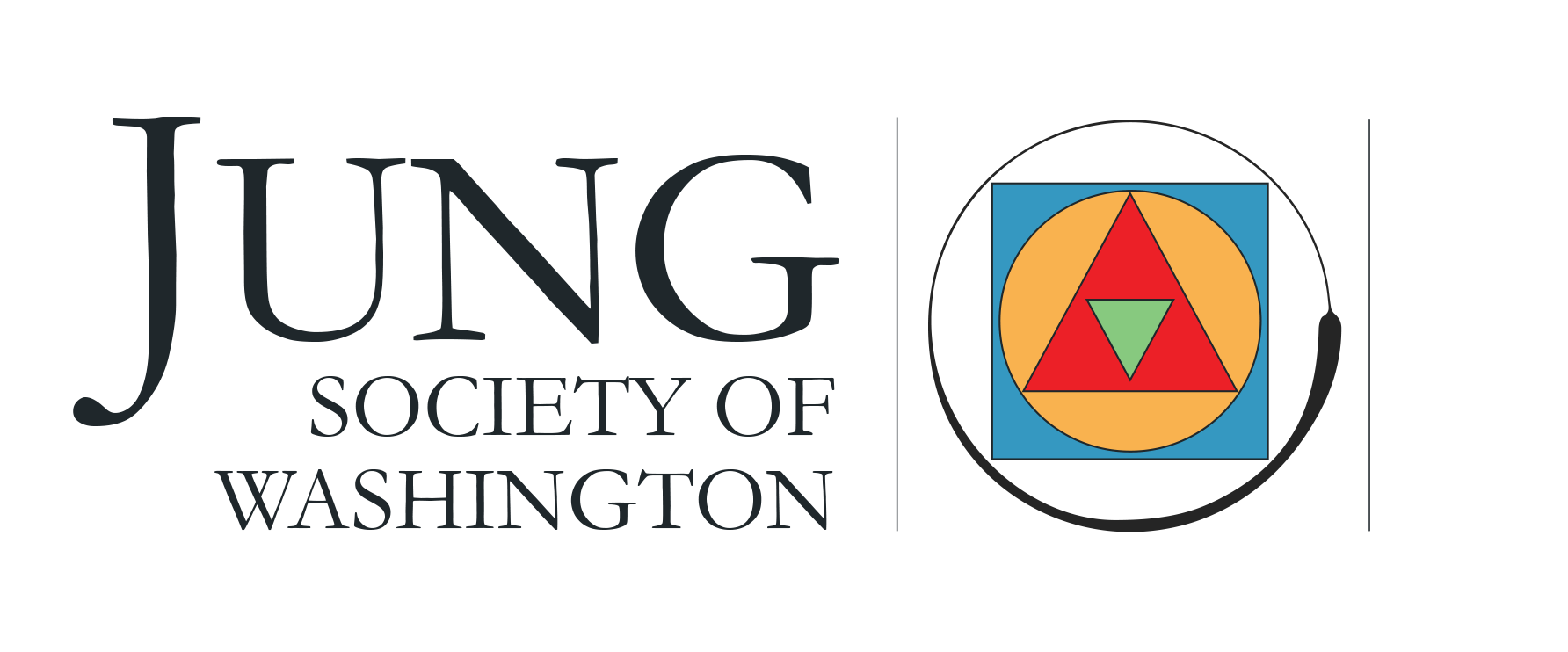 Course
Course
"I had very soon seen that analytical psychology coincided in a most curious way with alchemy. The experiences of the alchemist were, in a sense, my experiences, and their world was my world. This was, of course, a momentous discovery: I had stumbled upon the counterpart of my psychology of the unconscious."
- C.G. Jung, Memories, Dreams, and Reflections, p. 20
"[T]he entire alchemical procedure . . . could just as well represent the individuation process of a single individual . . ."
- C.G. Jung, Mysterium Coniunctionis, CW 14, par. 792
Alchemy occupied a significant place in Jung’s life and work during his last thirty years. Three volumes of his Collected Works (CW 12, Psychology and Alchemy; CW 13, Alchemical Studies; and CW 14, Mysterium Coniunctionis) make up a considerable part of Jung’s alchemical writings. For Jung, the imagery and metaphors of alchemy derived from the collective unconscious and provided an archetypal basis for his own psychology. This alchemical imagery survives today in the individual soul and provides us with an objective basis from which to approach unconscious material such as dreams and fantasies.
The dark, complex, image-dense alchemical material creates a challenge for even the most astute student of alchemy. Jung put aside the first alchemical book he purchased for almost two years, perceiving it as “blatant nonsense” before deciding to go through it thoroughly. Jung’s own alchemical writings are challenging due to his tangential style of writing that alludes to relevant imagery and systems of thought (mythology, philosophy, theology). Today, for those of us who want to delve into alchemy, we have the benefit of the writings of two close followers of Jung, Marie-Louise von Franz and Edward Edinger, each with a stated goal to help the reader more easily grasp the difficult and challenging aspects of Jung’s alchemical writings.
This course serves as an introduction to alchemy as it relates to Jungian psychology. We will use two texts: Alchemy: An Introduction to the Symbolism and the Psychology by Marie-Louise von Franz and Anatomy of the Psyche: Alchemical Symbolism in Psychotherapy by Edward Edinger. Each author was a close disciple of Jung and viewed Jung’s alchemical works to be fundamental to his overall psychology. We’ll begin with the von Franz, reading for the first class Lectures 1-4, pp. 13 - 123

Cathryn Polonchak is a certified Jungian Analyst and a Licensed Clinical Social Worker in the state of West Virginia. She has a private practice in the Shepherdstown and the Charles Town/Harpers Ferry areas of West Virginia. In addition to her membership in JAWA, Cathryn is a member of the Philadelphia Association of Jungian Analysts (PAJA), the Inter-Regional Society of Jungian Analysts (IRSJA), the International Association of Analytical Psychology (IAAP), and the National Association of social Workers (NASW). She was the past Director of Seminar for PAJA. She is interested in the interface between body and mind, particularly at the psyche-soma level of trauma.
